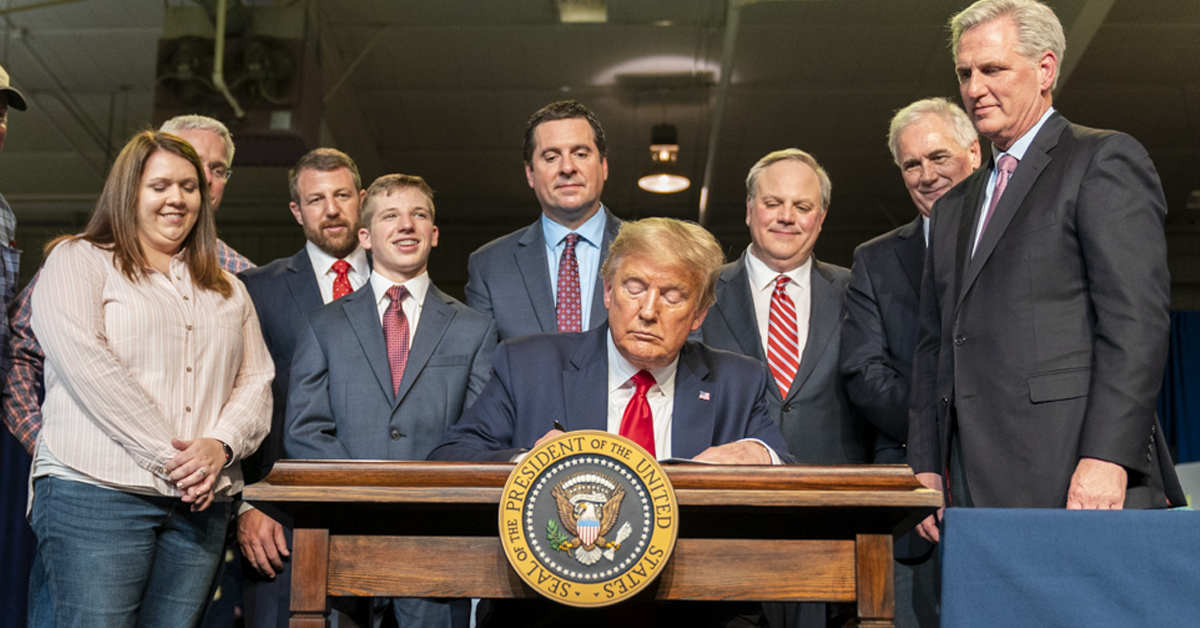California Attorney General Xavier Becerra filed a motion Tuesday evening seeking to stop implementation of new Federal environmental guidelines aimed at boosting water supplies for the Central Valley and Southern California from the Sacramento-San Joaquin Delta.
In a filing submitted to Fresno-based U.S. District Court Judge Dale A. Drozd, Becerra – on behalf of the Newsom administration – argued that Drozd should suspend the operation of newly-adopted biological opinions governing the Federally-managed Central Valley Project until the state’s lawsuit contesting the validity of those environmental regulations is resolved.
In its place, Becerra and the Newsom administration have suggested Drozd demand Federal water managers to follow the water regulations that governed the Central Valley Project from 2008 through early February, regularly pilloried by Central Valley farmers and Southern California water users.
In a statement after filing the motion to revert back to 12-year-old environmental standards, Becerra said “there is no way to turn back the clock once the damage is done.”
The new biological opinions for the Central Valley Project were formally codified in February, one day before President Donald Trump visited Bakersfield and two days prior to Becerra filing the lawsuit.
Among other things, the biological opinions replaced rigid, calendar-based restrictions on pumping water through the Sacramento-San Joaquin Delta by adopting real-time monitoring of fish populations via boat and triggers.
Rules governing the Sacramento-San Joaquin Delta have long been fraught with legal wrangling over the balance of needs between Central Valley agriculture and its communities and endangered fish species – including the Chinook salmon and the oft-maligned Delta smelt.
In both the lawsuit and Tuesday’s motion, Becerra argued that the U.S. Departments of Interior and Commerce issued the new environmental guidelines while allegedly failing to sufficiently safeguard endangered fish species, violating the Endangered Species Act and National Environmental Policy Act.
The adoption of the regulations “allowed [the U.S. Bureau of] Reclamation to vastly expand its pumping in the Central Valley, and intends to do the same next month when the Record of Decision again exercised primary control over its operations,” the motion filed on behalf of the Newsom administration reads.
The motion argued Federal water managers violated California’s version of the Endangered Species Act because they “neither sought nor obtained the required incidental take permit from the California Department Fish and Wildlife.”
During the intervening time between the filing of California’s initial complaint and Tuesday’s motion, however, is the state’s adoption of a new set of environmental regulations – via an incidental take permit – for the State Water Project.
While estimated to send 200,000 acre-feet of water to the Pacific Ocean and cost State Water contractors $200 million over its 10 year lifespan, an additional jarring element of the new regulations on the State Water Project are over who calls the shots.
Under the new incidental take permit, final pumping authority is placed in the hands of the state’s Department of Fish and Wildlife.
As for Tuesday’s motion, Federal water managers focused their comments on the ultimate impacts of reverting to the now-outdated water regulations.
“At no other time in modern history has the State of California taken such ill-founded actions to directly hurt more than 25 million Californians by unnecessarily jeopardizing their water supply,” said Bureau of Reclamation Commissioner Brenda Burman. “Now, more than ever, it is critical that water be reliably delivered to Americans, and we are taking actions to do that.”











